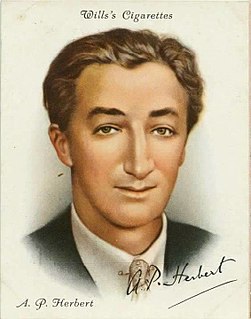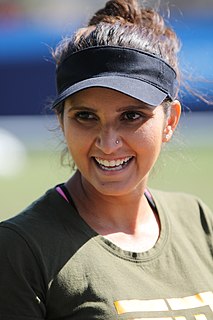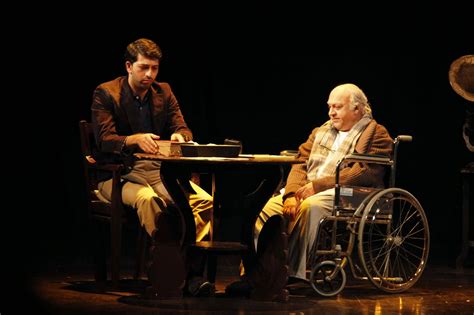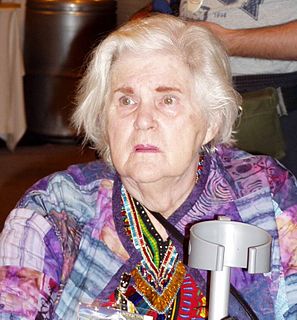A Quote by Richard Leakey
My father used to say that, through culture, humans effectively domesticated themselves.
Quote Topics
Related Quotes
The real controversy comes with anthropologists - not all, but some - who see themselves as studying culture, and they then see culture from the perspective of humans, which is what they study. From their perspective, or, from some of their perspectives, it's sort of heresy to even talk about culture in any other animal. Others would say, "Yeah, you can talk about it, but our definitions of culture are so utterly different from yours and include things like values, and so on, which you've never shown to exist in any of these other creatures."
My father wasn't around when I was a kid, and I used to always say, 'Why me? Why don't I have a father? Why isn't he around? Why did he leave my mother?' But as I got older I looked deeper and thought, 'I don't know what my father was going through, but if he was around all the time, would I be who I am today?'
When I used to say I wanted to play at Wimbledon, they used to laugh in my face and say, 'What are you talking about, you're from Hyderabad, and you're supposed to... cook.' That's one of the notions that people have in this side of the world - it is our 'culture', within quotes, you know, to say what a woman can or cannot do.
I used to play a lot of chess and competitive chess and study chess and as you get to the grandmasters and learn their styles when you start copying their games like the way they express themselves through... The way Kasparov or Bobby Fischer expresses themselves through a game of chess is it's astonishing. You can show a chess master one of their games and they'll say "Yeah, that is done by that player."
In political sense, it doesn't really matter what I do on my own, but it's so important to rally some sort of collectiveness and reignite a collective vision, and I think that's something you can do effectively through art and music, and through writing and entertainment - and just through like, pop culture. It's about spreading ideas and making people think differently, essentially.
Humans are particularly interesting; our culture is incredible, there's no doubt about that. In many respects, no other species matches ours. But in quite a few respects, they do, and that can help us, perhaps, to better understand our own culture. We look at the ways humans are similar to other animals, and at the ways they differ, rather than just saying, "We have culture and you don't."
When humans act like animals, they become the most dangerous of animals to themselves and other humans, and this is because of another critical difference between humans and animals: Whereas animals are usually restrained by the limits of physical appetites, humans have mental appetites that can be far more gross and capacious than physical ones. Only humans squander and hoard, murder and pillage because of notions.





































